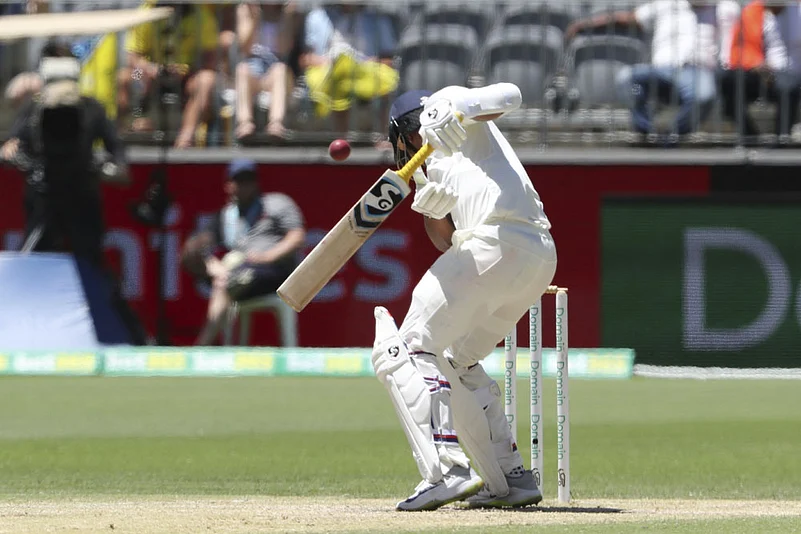A concussion specialist has urged cricket authorities to consider banning the use of bouncers against players below the age of 18 in order to limit long-term complications. (More Cricket News)
There has been a raging debate regarding the short-pitched ball with the Marylebone Cricket Club (MCC), the custodians of the game's laws, starting a consultation process to discuss if bowlers should continue to be allowed to use bouncers.
"You want to avoid concussing the adolescent brain while it's still evolving. You want to avoid concussions at any stage, but it's particularly bad for youngsters," Michael Turner, the media director of the International Concussion and Head Injury Research Foundation, told 'The Telegraph'.
"If stopping concussion in this age group means changing the rules to ensure that there are no short deliveries in junior cricket, this should be a serious consideration by those in authority," he added.
Turner emphasised that helmets can only protect against fractures and not concussions.
"Helmets are designed to prevent skull fracture but do not stop concussion. The way forward is to prevent concussion taking place - by changing the rules if necessary."
He warned that blows on the head to underage cricketers could cause long-term complications.
"The outcome is likely to be more severe in younger brains. The evidence is that the younger you are when you get a concussion, the more likely you are to have long-term problems with it.
"Your brain is still developing up until your early 20s. And so concussion in the developing brain tends to have a worse outcome than one in an adult brain."
Turner suggested that players below 18 competing in tournaments with senior cricketers should get an informed consent from their parents.
"Under the age of 18 an adult has to take responsibility for the welfare of the people taking part," Turner said.
"Once you have had a concussion, the long-term outcome cannot be assessed or reversed. Your fate is sealed as soon as the concussion occurs.
"Once individuals reach 18 and become adults, they are free to make their own decisions and assess the risks they are prepared to take," he added.
















